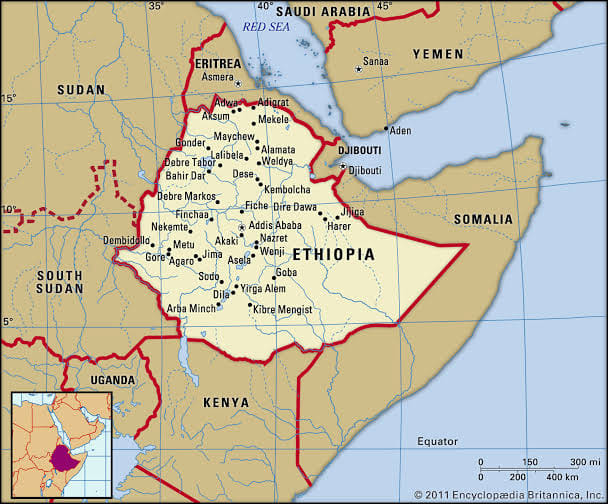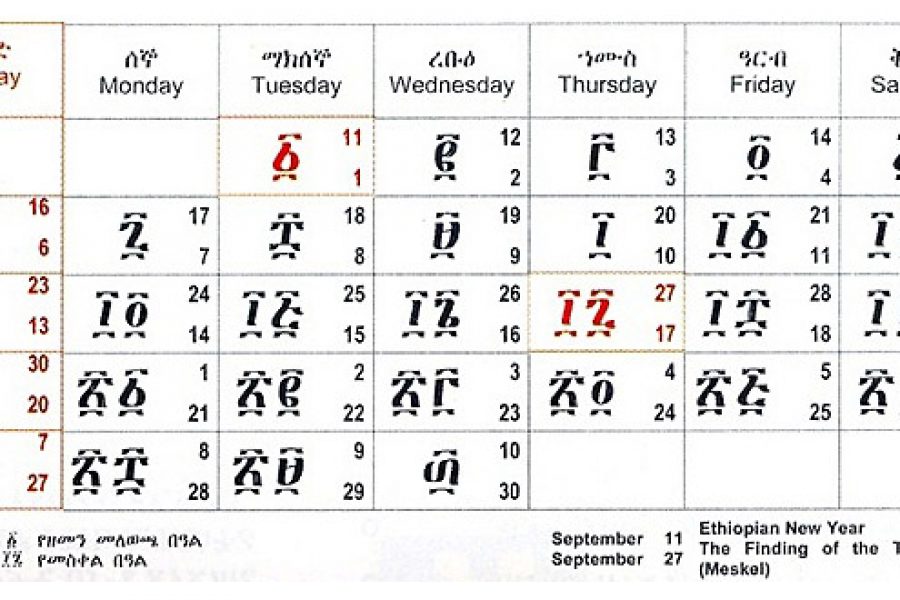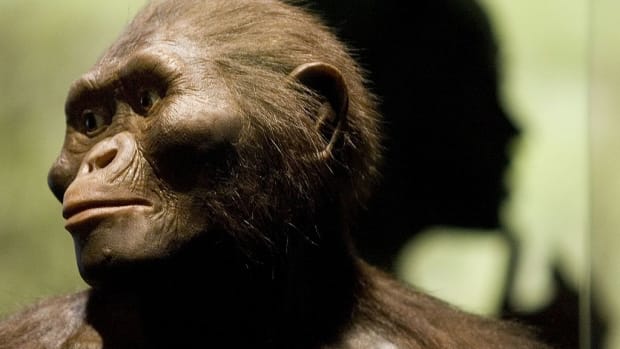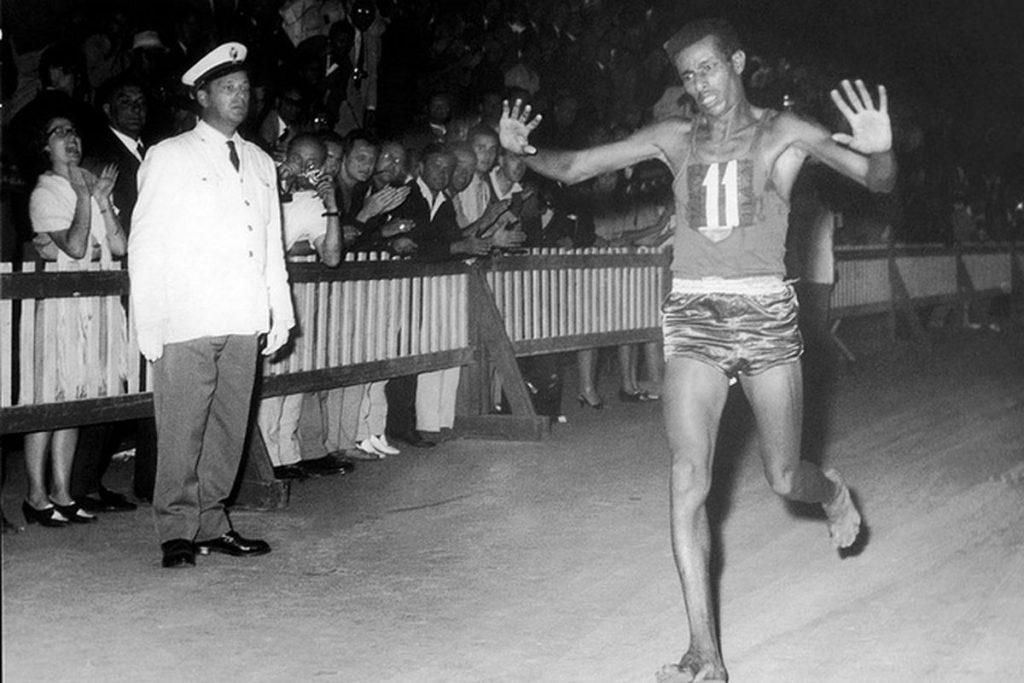7 surprising facts about Ethiopia

Ethiopia is a fascinating country with lots of rich history, locals here boast that their country is the only one not to be colonized by Europeans during the scramble for Africa. The country has been at peace for more than 15 years and its economy is one of the fastest-growing on the continent.
Add all these to Ethiopia’s staggering diversity of landscapes, a kaleidoscope of cultures and history that tracks back possibly to the beginning of human civilization, – and suddenly you realize how amazing this country is. And just to push the point further, here are 7 facts about Ethiopia you probably don’t know:
Thirteen months to the year
Plenty of cultures around the world have their own calendars that they prefer to follow over the Western Gregorian one, like the Islamic Hijra calendar, but most still abide by the unspoken ’12 months to a year’ rule. Not Ethiopia. The Ethiopian calendar has 13 months in a year, 12 of which have 30 days. The last month, called Pagume, has five days, and six days in a leap year.

Ethiopian time
Ethiopians also measure the hours of a day to a different schedule. In a piece of logic that’s kind of hard to argue against, they believe it’s less confusing if the clock starts when the day does. Thus, sunrise is 1 o’clock and sunset 12. Then the 12-hour night clock sets in.
Complete independence
Ethiopia is the only African country that escaped colonization during the European scramble for African – a fact that locals will never tire of informing you. And fair enough too. The Italians did give colonization a crack in 1935 – and succeeded in militarily occupying the country for six years – but Ethiopian forces were waging military opposition the entire time and the whole country was never brought under control. As some of the locals put it, “we waited until they had built us railways and nice buildings… and then kicked them out.”
The birthplace of the Rastafarian movement
Thought it was Jamaica? Nope. While much of the Rastafarian movement did evolve in Jamaica, the spiritual homeland of it is in actual fact Ethiopia. In Amharic, ‘ras’ is a title similar to the chief, and ‘Tafari’ the first name of Emperor Haile Selassie I – essentially the movement posits Selassie as an incarnation of God. Need further evidence? Just check out the colors on the Ethiopian flag.

The Ethiopians discovered coffee
As the story goes, a goat herder way back when noticed his flock’s fondness for a certain bush and decided to give one of the fruits a nibble himself. The fruit was a coffee beans – and the coffee industry took off from there.
The oldest people in the world
Several archaeological findings in Ethiopia’s Afar region go quite some way in suggesting that the country may be where civilization all started out from. In 1972, Donald Johanson and Tim D. White discovered Lucy, a 3.2 million-year-old hominid skeleton. For years, Lucy was all the rage, embarking on a nine-year worldwide tour and enjoying widespread fame. Then another skeleton Ardi was discovered, also from the Afar region but one million years her senior.

Abebe Bikila
In 1960, an Ethiopian named Abebe Bikila became the first black African to win gold in the Olympics. Only making the team selection at the last minute due to another athlete’s broken foot, Bikila opted to run the marathon barefoot, pipping hot favorite Moroccan Rhadi Ben Abdesselam by a full 25 seconds. Four years later, Bikila won the Tokyo Olympics, setting a world record and becoming the first-ever person to win the Olympic marathon twice.


This is an precious asset for anyone interested in this topic.